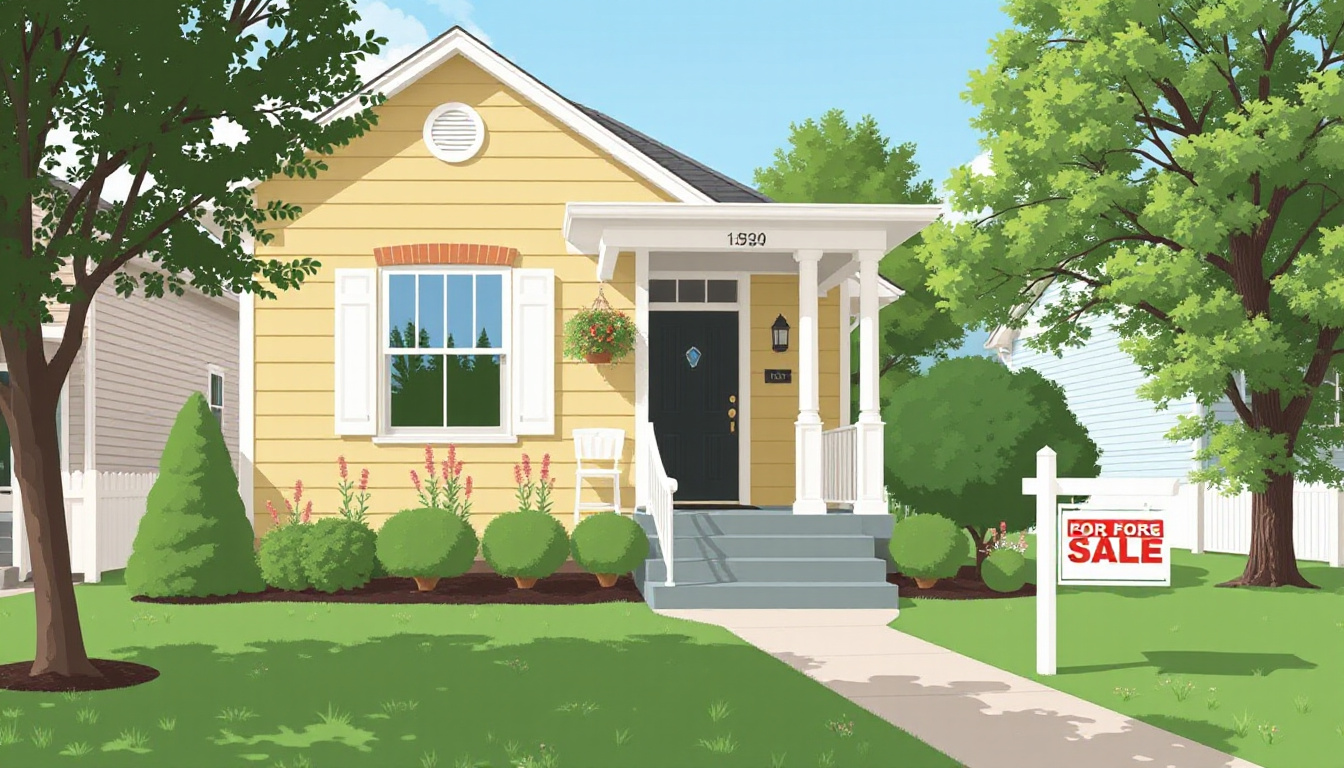Purchasing a home is a major milestone that many Canadians aspire to achieve. However, one of the most common questions prospective homeowners ask is, ‘How much down payment do I need for a house?’ Understanding the significance of the down payment is crucial, as it not only affects your initial costs but also your mortgage terms and monthly payments. In this article, we will explore the basics of down payments, the factors that influence the amount you need, and the various alternatives and assistance programs available to help you unlock the doors to homeownership.

Key Takeaways
- A down payment typically ranges from 3% to 20% of the home’s purchase price.
- Your credit score, debt-to-income ratio, and overall financial health significantly influence the required down payment.
- First-time homebuyers may qualify for programs that lower the down payment requirement.
- Consider alternatives like FHA loans, which allow for lower down payments due to their flexible guidelines.
- Research local assistance programs that can help with down payment costs to make homeownership more accessible.
Understanding Down Payment Basics
Understanding the fundamentals of down payments is crucial for anyone considering purchasing a home in Canada. When it comes to the question, ‘How much down payment do I need for a house?’, the answer depends on several key factors, including the purchase price of the property and your financial situation. For homes priced up to $500,000, the minimum down payment required is 5%. If the home’s price exceeds $500,000, a 10% down payment is needed for the portion above $500,000. Furthermore, properties valued at over $1 million require a minimum down payment of 20%. It’s important to remember that making a larger down payment not only reduces your mortgage amount but also can eliminate the need for mortgage default insurance, saving you money in the long run. Therefore, understanding your options and calculating your potential down payment is essential to ensuring a sound financial decision when entering the housing market.
Factors Influencing Your Down Payment Amount
When considering the question, ‘How much down payment do I need for a house?’ several factors come into play. First and foremost, the type of mortgage you choose will determine your down payment requirements. Conventional loans often necessitate a minimum down payment of 5%, while insured mortgages can require as little as
3.5% for first-time homebuyers. Your credit score is another crucial element; higher scores may qualify you for better rates and lower down payments, whereas lower scores may increase your required amount. Additionally, the price of the home affects how much you need to save. Homes in urban areas tend to be more expensive, impacting the total down payment. Personal financial factors, such as your savings, employment status, and overall debt-to-income ratio, will also influence how much cash you need to put down when purchasing a home in Canada. Evaluating these factors can help you better prepare for the home-buying process and ensure you meet lender expectations.
‘Home is the starting place of love, hopes, and dreams.’ – Author Unknown

Exploring Alternatives and Assistance Programs
When considering the question, ‘How much down payment do I need for a house?’, it’s essential to explore the various alternatives and assistance programs available to homebuyers in Canada. Typically, the minimum down payment required for a home purchase in Canada is 5% of the home’s purchase price for properties valued up to $500,000. For homes over this price, the down payment percentage increases – you’ll need to provide 10% for the portion of the price above $500,000 up to $999,999. However, if you’re looking to avoid paying mortgage insurance, which is mandatory if your down payment is less than 20%, saving for a larger down payment can be advantageous. Additionally, there are several financial assistance programs and grants available, such as the Home Buyers’ Plan (HBP) allowing you to withdraw funds from your RRSP for your down payment, and the First-Time Home Buyer Incentive, which helps reduce your monthly mortgage payments. Exploring these options can significantly affect your financial situation and make home ownership more accessible.
